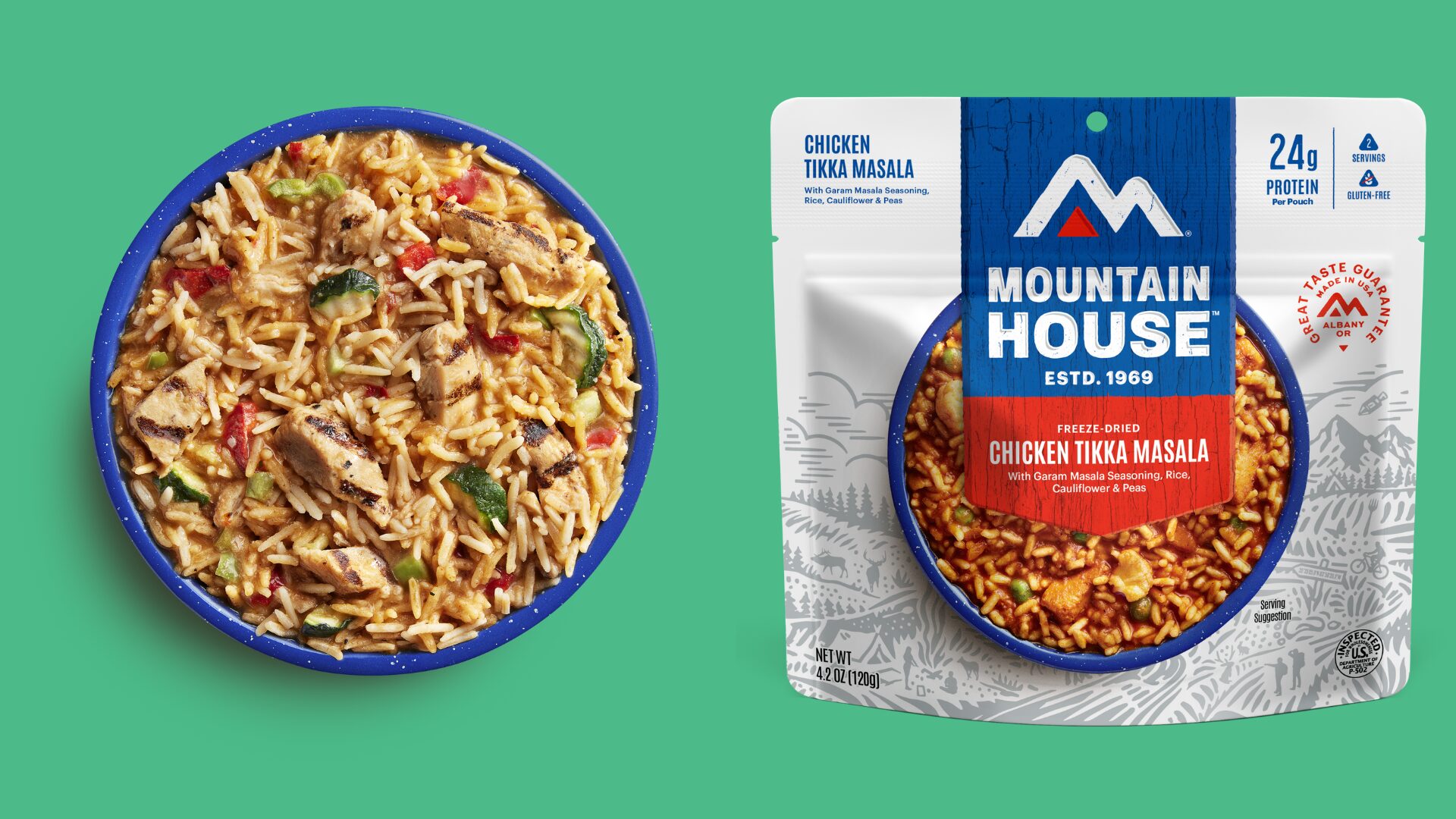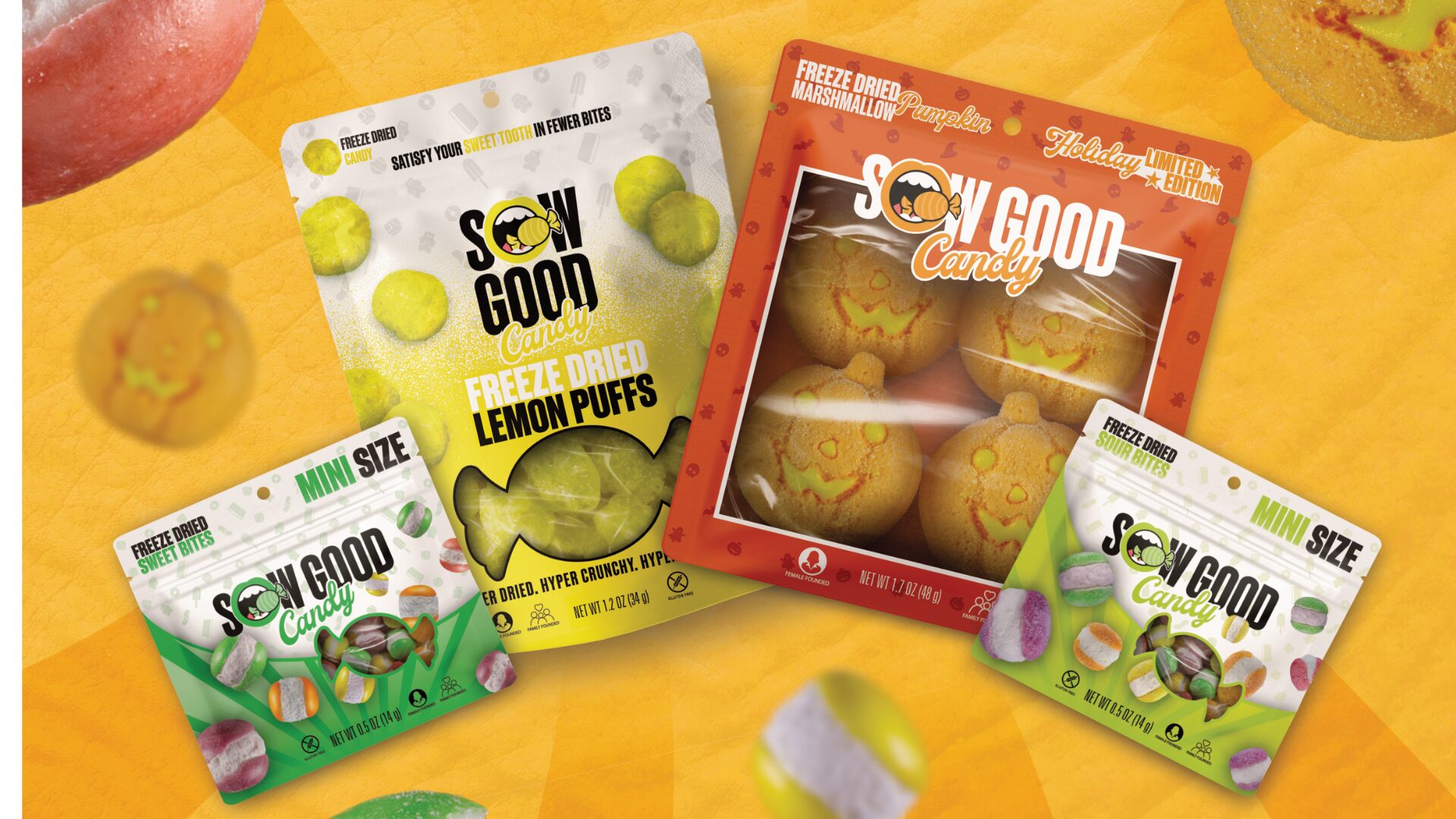There’s one element of the Mountain House brand’s website that might inspire a double-take from new customers: “30-Year Taste Guarantee.”
“Personally, I’ve eaten (Mountain House) products that are 44, 45 years old,” said Drew Huebsch, the brand’s director of R&D.
“It’s a weird thing to consume a product that’s older than you are and enjoy it.”
Yes, you can safely eat Mountain House spaghetti that’s as old as your grandma’s Datsun. That’s because the Albany, Oregon-based brand specializes in freeze-dried products.
“We’ve worked with an outside agency, a university, to run sensory testing and evaluate the product quality, as well as various aspects of food safety and stability,” Huebsch said. “We’re a 60-year-old company that has been doing this for a long time.”
While Mountain House works with various branches of the military – sometimes spending three to five years on the product R&D process – the brand’s typical customer is the outdoor adventurer.
“We have (customers) who do extreme mountaineering,” Huebsch noted. “Anything outdoors, from kayaking to fishing or hunting – any outdoors activity. Basically, everybody that enjoys the outdoors tends to be a customer of ours.”
The brand takes into account customer feedback when it develops its predominantly rehydrated products. Mountain House aims to provide lightweight, convenient comfort food.
The freeze-drying process involves removing water from cooked meals, preserving freshness while extending shelf life. And Mountain House’s freeze-dried products aren’t as heavily processed as one might expect; a $10.99 pouch of Beef Stroganoff features ingredients like beef, corn starch, nonfat dry milk, onion, mushroom, durum, and noodles.
Huebsch has seen interest in freeze-dried products increase over the past decade.
“Whether it be the outdoor food market, or adventure meals in food storage, (freeze-dried products have) become a lot more normalized,” the R&D director said. “What we’ve also found is that it’s becoming a lot more popular in day-to-day usage. People take it on airplanes and eat it, or take it to hotels when they travel on vacations, as a way to allow them to have the freedom to explore.”
Multiple Mountain House employees have a military background, so they’re no stranger to the concept of “meal, ready-to-eat.” And those employees are confident that Mountain House produces A-plus MREs.
“It’s funny,” Huebsch noted. “The way that (military members) negotiate and trade products within different units, different products have different values. And we produce a granola for an MRE item, and (the) joke is that has equal value to some of the candies that are MREs.”
“One of the legacies of this company – that we’re extremely proud of – is that it’s a very cool thing to provide … for military customers,” Huebsch added.
The Food Institute Podcast
In the fast-paced and highly regulated world of manufacturing, especially within the food and beverage industry, maintaining stringent hygiene standards is not just a best practice—it’s a necessity. Steve Voelzke, president of Robroy Industries’ electrical products division, explored why it’s essential to adopt a holistic approach and how this approach can significantly lower the risks of product recalls.






